Further Reading: Environment | Healthcare | Poverty | Effects Of Conflict And War
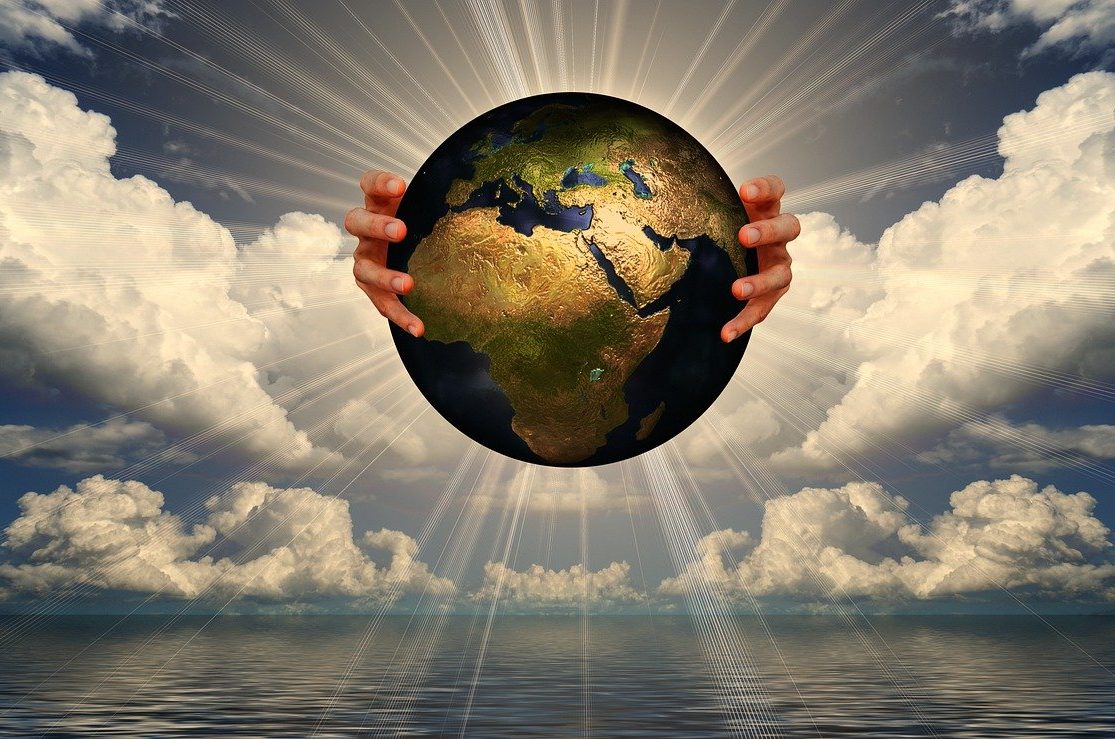
“It isn’t enough to talk about peace. One must believe in it. And it isn’t enough to believe in it. One must work at it.”
—Eleanor Roosevelt (1884-1962)
Here at The Wisdom Trust, we believe in a modern, intelligent and caring society where empathy and discourse should always strive to reconcile differences and remove conflict.
Through fostering an attitude of positive collaboration and friendship between organisations and individuals around the globe we‘re confident in bringing positive change to those that suffer inequality and hardship.
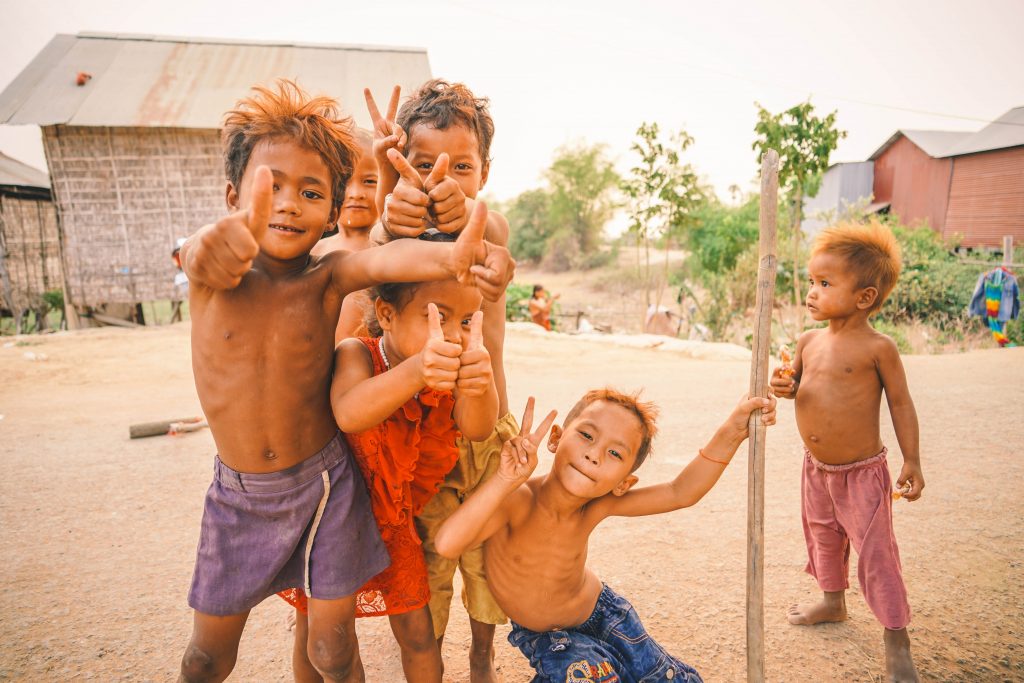
“We didn’t inherit this planet from our parents. We’re just borrowing it from our children.”
That’s quite a statement, isn’t it? And although nobody claims to know its true origins, it’s often described as a Native American proverb, after Native American Chief Seattle was, over a century ago, quoted as saying: “We do not inherit the Earth from our ancestors—we borrow it from our children.”
The Amish Community in North America have a similar saying: “We have not inherited the land from our parents, we are borrowing it from our children.”
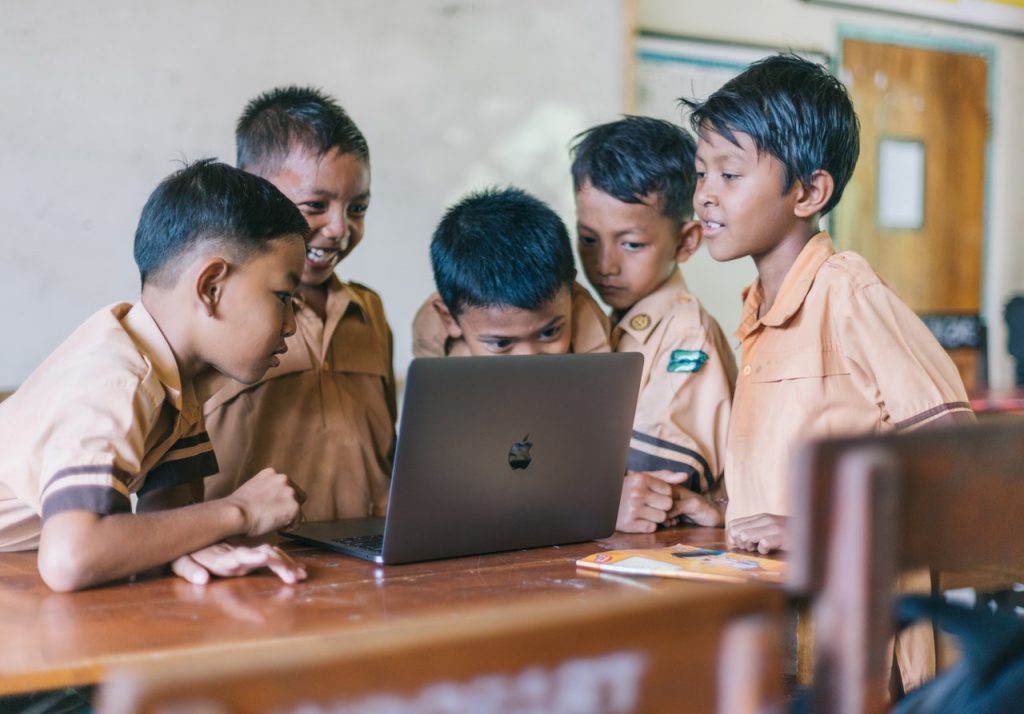
A version of the same words was used by Moses Henry Cass, the Australian Minister for the Environment and Conservation, in November 1974 at a meeting in Paris of the OECD (Organisation for Economic Co-operation and Development). He said this:
“We rich nations, for that is what we are, have an obligation not only to the poor nations, but to all the grandchildren of the world, rich and poor.
We have not inherited this earth from our parents to do with it what we will. We have borrowed it from our children and we must be careful to use it in their interests as well as our own.
Anyone who fails to recognise the basic validity of the proposition put in different ways by increasing numbers of writers, from Malthus to The Club of Rome, is either ignorant, a fool, or evil.”
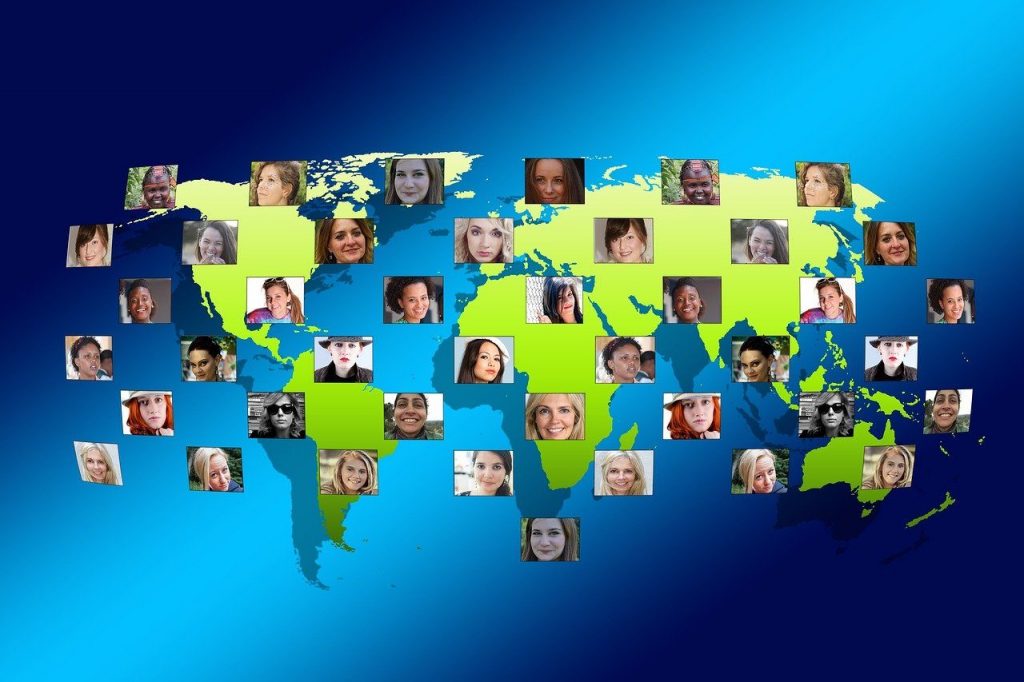
Our Global Responsibility
On the assumption, therefore, that we agree with the sentiments of that statement in the previous section – made nearly 50 years ago – let’s now consider what sort of world awaits our own children and grandchildren.
It’s very clear that, as things stand, they will all face a world of uncertainty…
– Substantially more people to feed.
– Far less farmland for growing food.
– Vastly depleted fish stocks in our oceans.
– Reduced availability of water.
– Higher energy requirements.
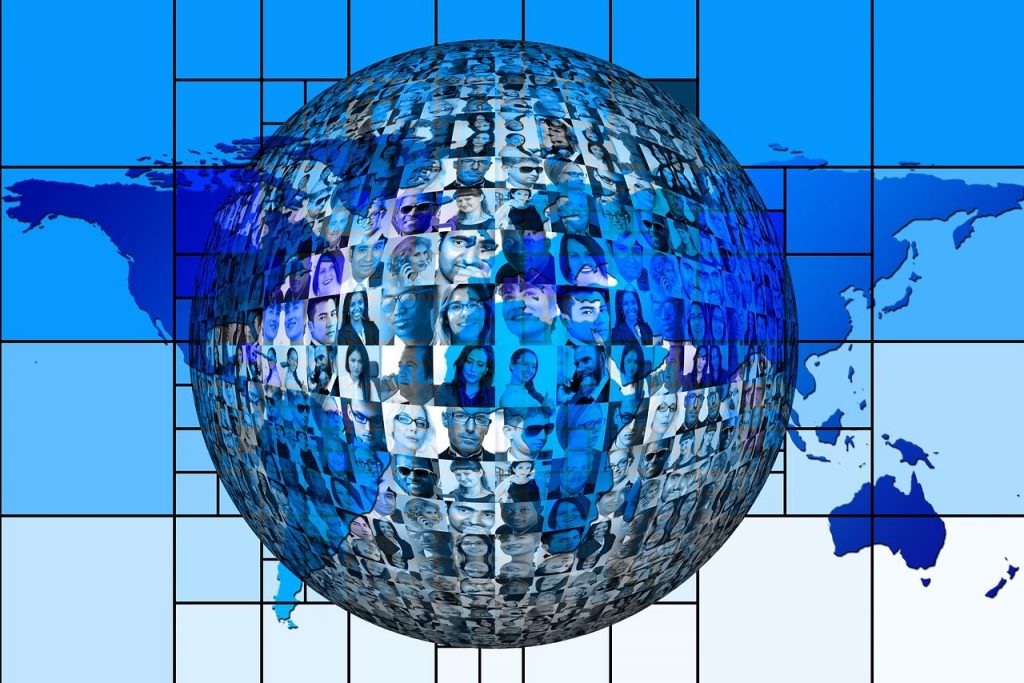
Global Population Increase
Estimates indicate that the global population will grow from 7.7bn now to over 9.8bn by 2050 so there’ll be many more mouths to feed. And it’s amazing to consider that that increase in population alone of 2.1 billion people in just 30 years is equivalent to the actual global population as it was in 1930.
By the time we reach that point in the middle of the 21st Century, however, there’ll be less farmland to produce the food to feed all these extra people.
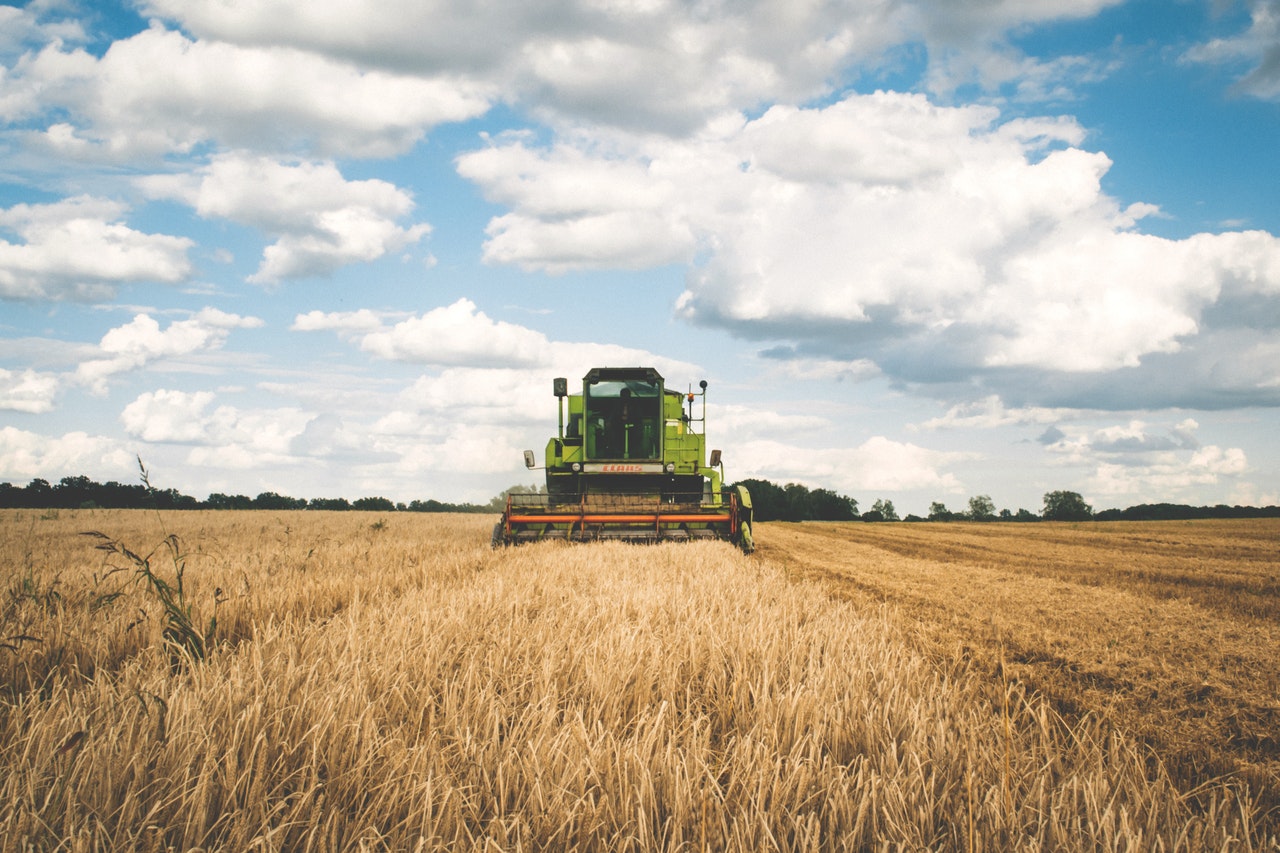
Strained Natural Resources
The world has lost over one-third of its arable land in the past 50 years, largely through soil erosion caused by farming and other human activities. And enough farmland is still being lost every year, so that by 2050, there could be another 7% reduction compared to now.
We’re also facing depleted fish supplies. Over 65% of the world’s marine fish stocks are already fully or over-exploited. Yet over a third of the world’s people rely on seafood for 20% of their daily animal protein.
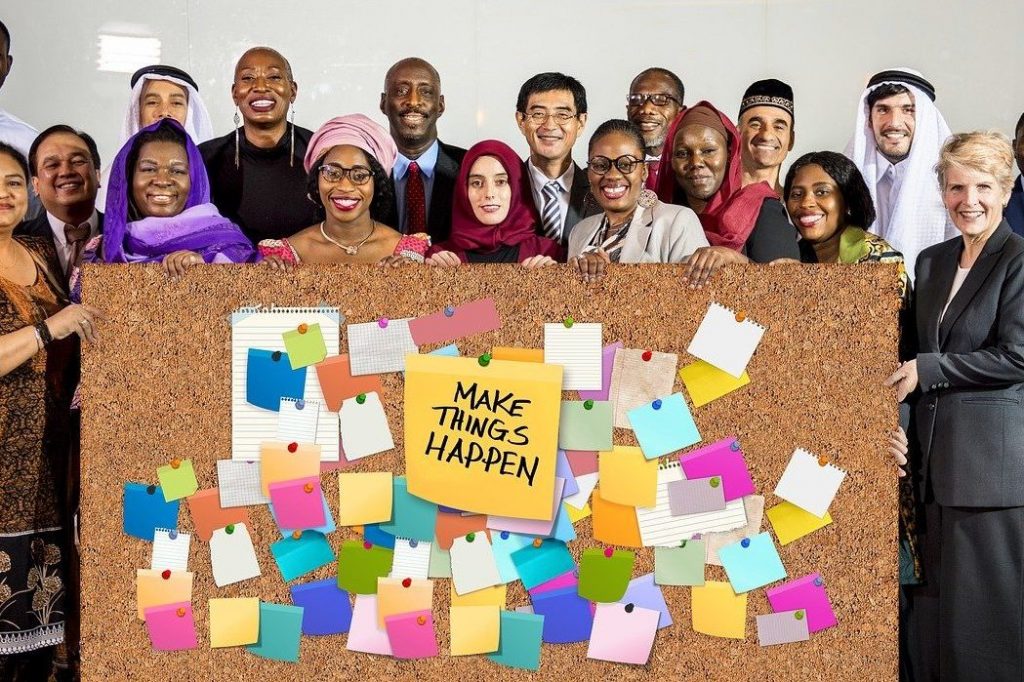
Why then, with this long list of environmental, some might argue almost unavoidable, challenges already facing our children and grandchildren, do we seek to burden them further with all the unnecessary complications resulting from prejudice, division, discord, exploitation and, in some circumstances, even conflict and war.
All these are completely avoidable if there is the will of the people and our leaders to do so. Sadly, they are often the result of widespread misinformation, a complete lack of awareness about the key issues and a few misguided opinions based on differences in faith, belief, culture or national identity
Things have to change. And they need to start changing now. We must become a more tolerant society which can reap substantial benefits by embracing and even celebrating the differences between us.
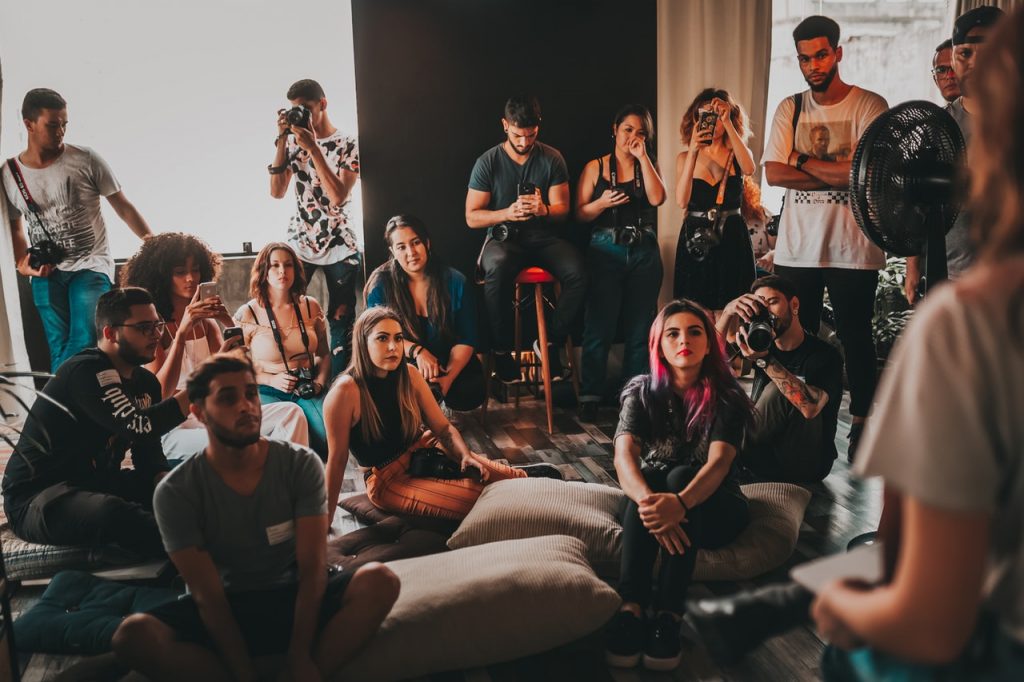
But are we really all so different? Aren’t we actually similar in so many wonderful ways? After all, we are all members of the human race, allegedly the most intelligent species on the planet.
Surely, it is in the gift of every one of us, whatever our position in society, to choose to work together with our fellow humans, using all the vast array of resources, expertise and research available to us to address and, if possible, to solve some of the challenges listed above. Certainly, we should not be adding to them.
What we do need to do, however, is to inspire young people to take on the responsibility for change.
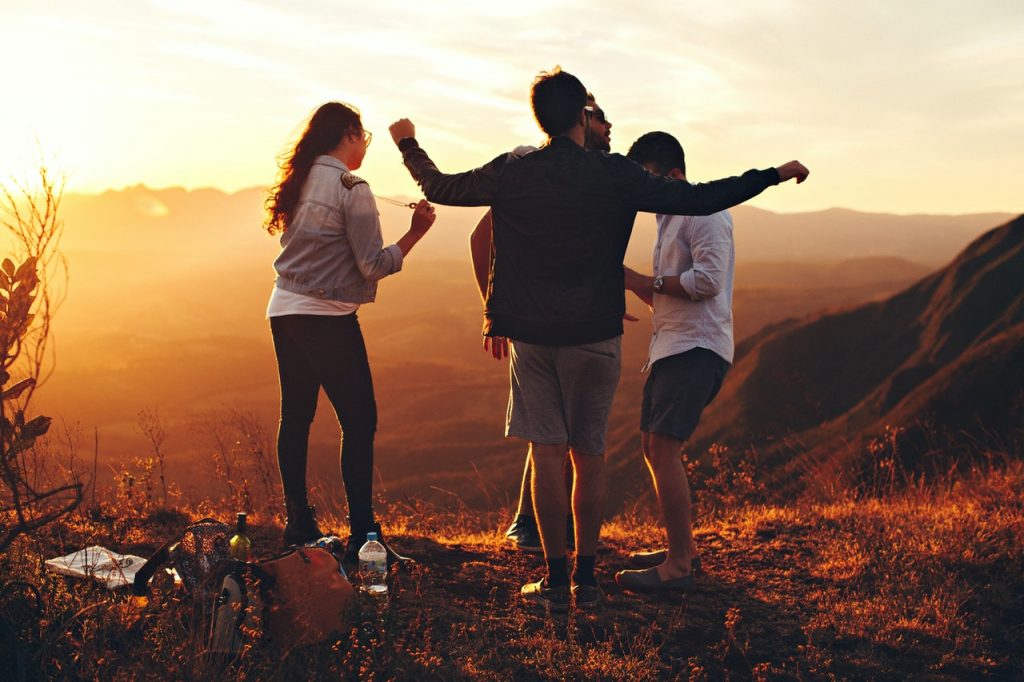
We need to make it “cool” to discover new ways to be more sustainable and to live in a more tolerant society.
We should equip our young people so they’re at home as much in the seats of government as at the driving wheel of a car when they’re older.
They can start making real choices for the future today, sharing power and sharing responsibility.
But since what we do now and over the next few years will have a big impact on the future of the whole planet itself, let’s take a few moments to consider the place of the human race in the context of the whole history of Planet Earth.
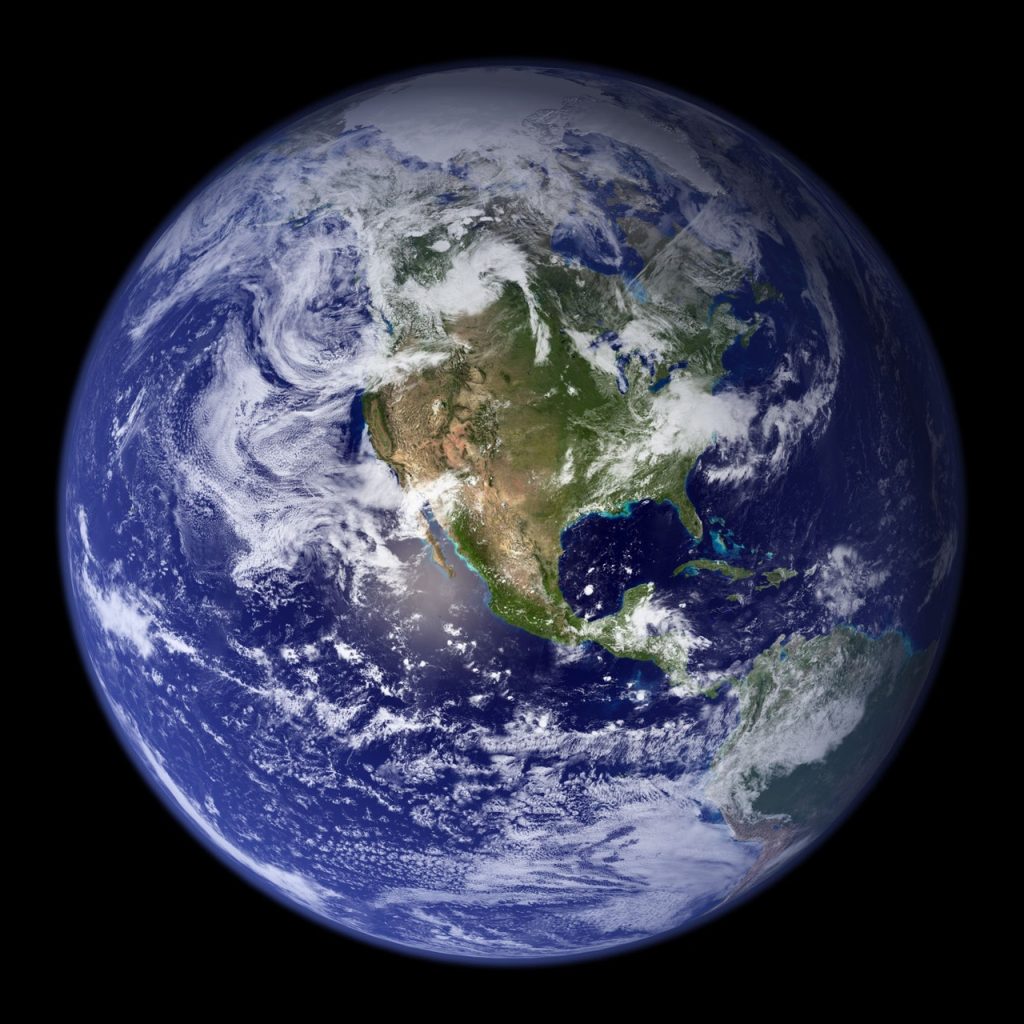
We Are Earth’s Newcomers
The history of our planet stretches back 4.5 billion years. But purely for illustration let’s compress that entire period into just one of our normal earthly 24-hour days.
And in this illustration, life as we understand it would not begin until about 4am, with the emergence of the first simple, single-celled organisms.
We’d have to wait until as late in the day as 8:30pm before we detect the appearance of the first sea plants, followed about twenty minutes later by the first jellyfish.
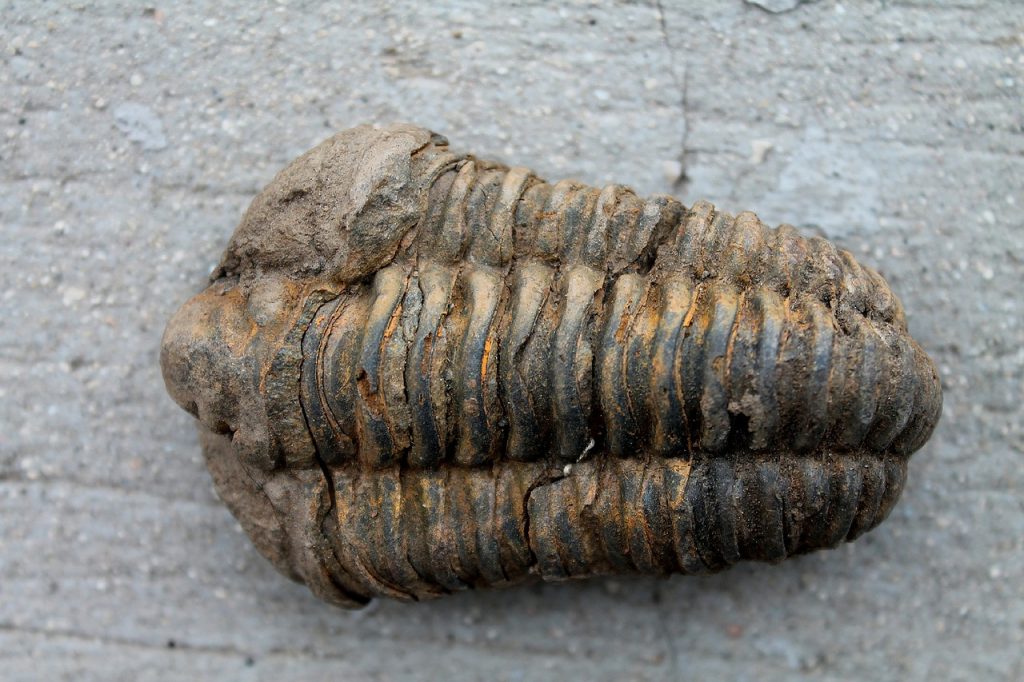
Energy Usage And Food Waste
Things really start to happen after this. A few minutes after 9pm sees trilobites swim onto the scene, followed just under an hour later by the beginnings of plant life on land. Then, with less than two hours left in our ‘day’, the first land creatures follow.
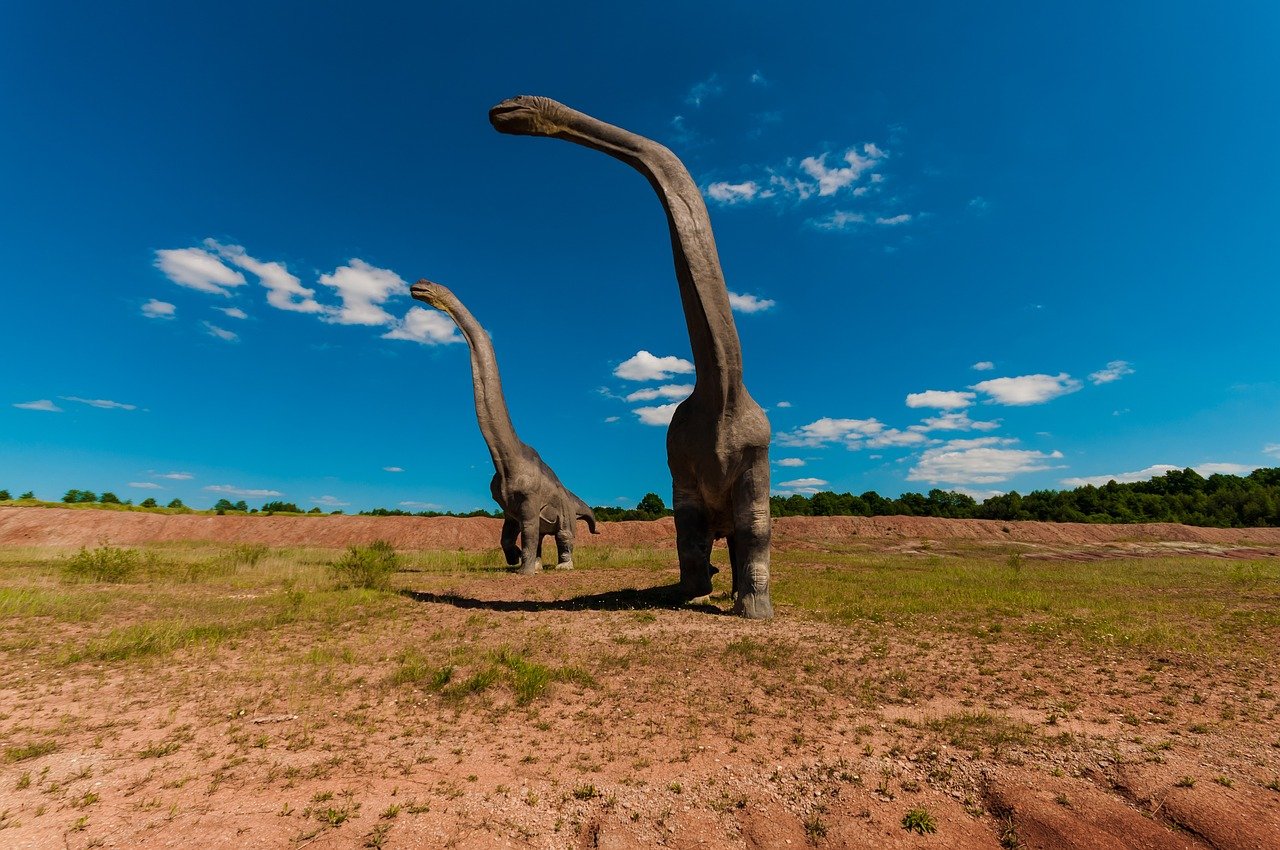
Our old friends, the Dinosaurs plod onto the stage of Planet Earth just before 11pm and rule the planet for about 45 minutes, vanishing suddenly with just 21 minutes of our ’24-hour day’ remaining. Only then does the age of mammals begin.
Humans emerge with less than 80 seconds left before midnight and the whole of our recorded history, on this scale, would be no more than a few seconds, a single human lifetime would be barely an instant.
Constantly, through every hour of our ‘day’, the continents slide across the globe’s surface at some speed, and crash into each other at regular intervals. Mountains rise and melt away, ocean basins come and go, ice sheets advance and withdraw.
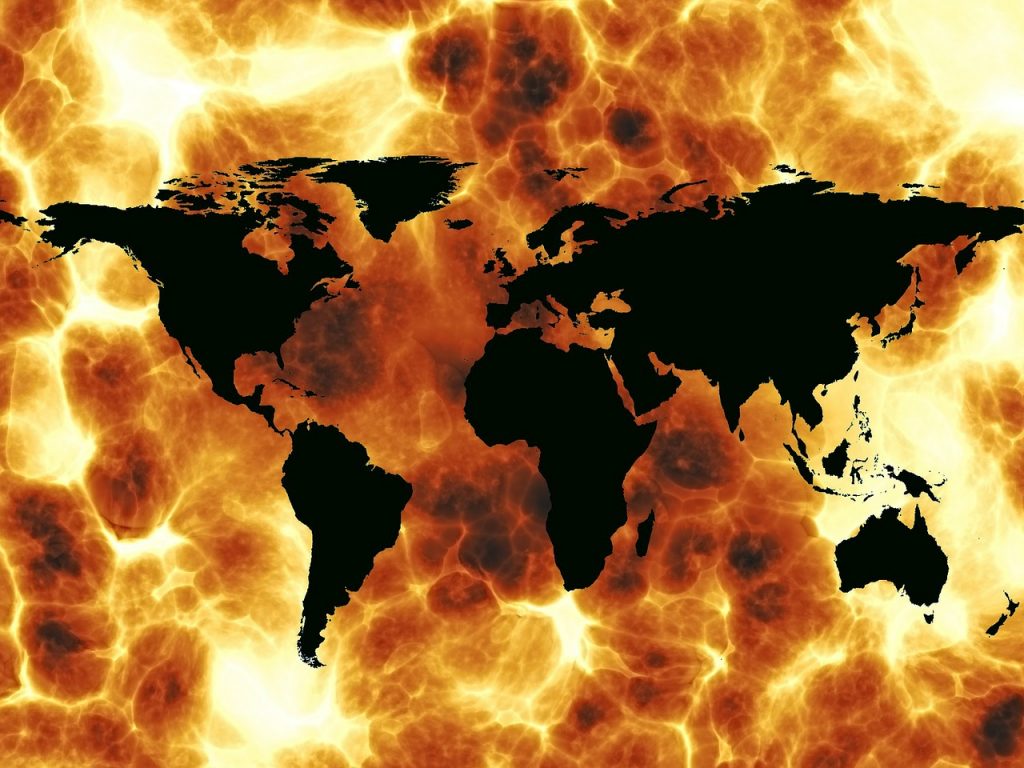
And while all this is happening, as regular as a ticking clock – about three times each and every minute – an explosion somewhere on the planet’s surface disturbs the action as yet another huge meteor collides with the Earth.
It’s hard to contemplate that anything at all can survive in such a battered and unsettled environment. Actually, it’s true to say that not many things do – for long.
But amazingly, incredibly, we’re here – in spite of everything that Planet Earth has done and is still doing to make our existence a mighty challenge, to put it mildly.
But now, since we are here, it’s up to us to make the most of our all-too-brief stay on this planet. And it’s also our collective responsibility to make the most of it for every human being.
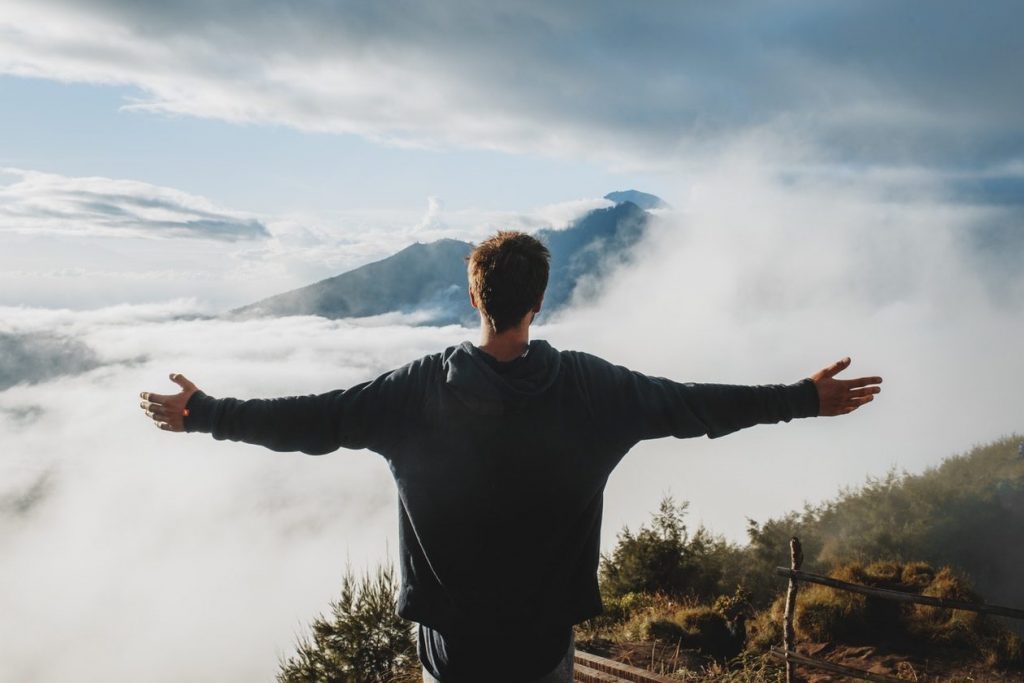
To further help us appreciate our own brief and extremely recent addition to this 4.5-billion-years-old picture, try this exercise. Stretch your arms to their fullest extent either side of you – like an aircraft’s wings – and then imagine that the width from the finger tips on your left hand to those on your right hand represents the entire history of our beloved home, Earth.
On this scale, according to some experts, the distance from the fingertips of one hand to the wrist of the other is Precambrian, i.e. before anything more complex than single-cell organisms existed. That would indicate that in one hand you held the entire period of all complex life on earth.

But the truly shocking end to our story is that it would only take a single stroke of a small nail file for you to eradicate human history entirely.
Fortunately, that moment hasn’t happened yet. However, the odds are pretty short that it will happen sometime, because, as we’ve already indicated, if there is one extremely important quality about life on Earth, it is that it becomes extinct – on a regular basis.
In spite of all the effort species take to assemble and preserve themselves, they also wither, die and disappear with surprising regularity. And the more complex they get, it seems, the more suddenly they appear to go extinct. Which is perhaps one reason why so much of life isn’t terribly ambitious.
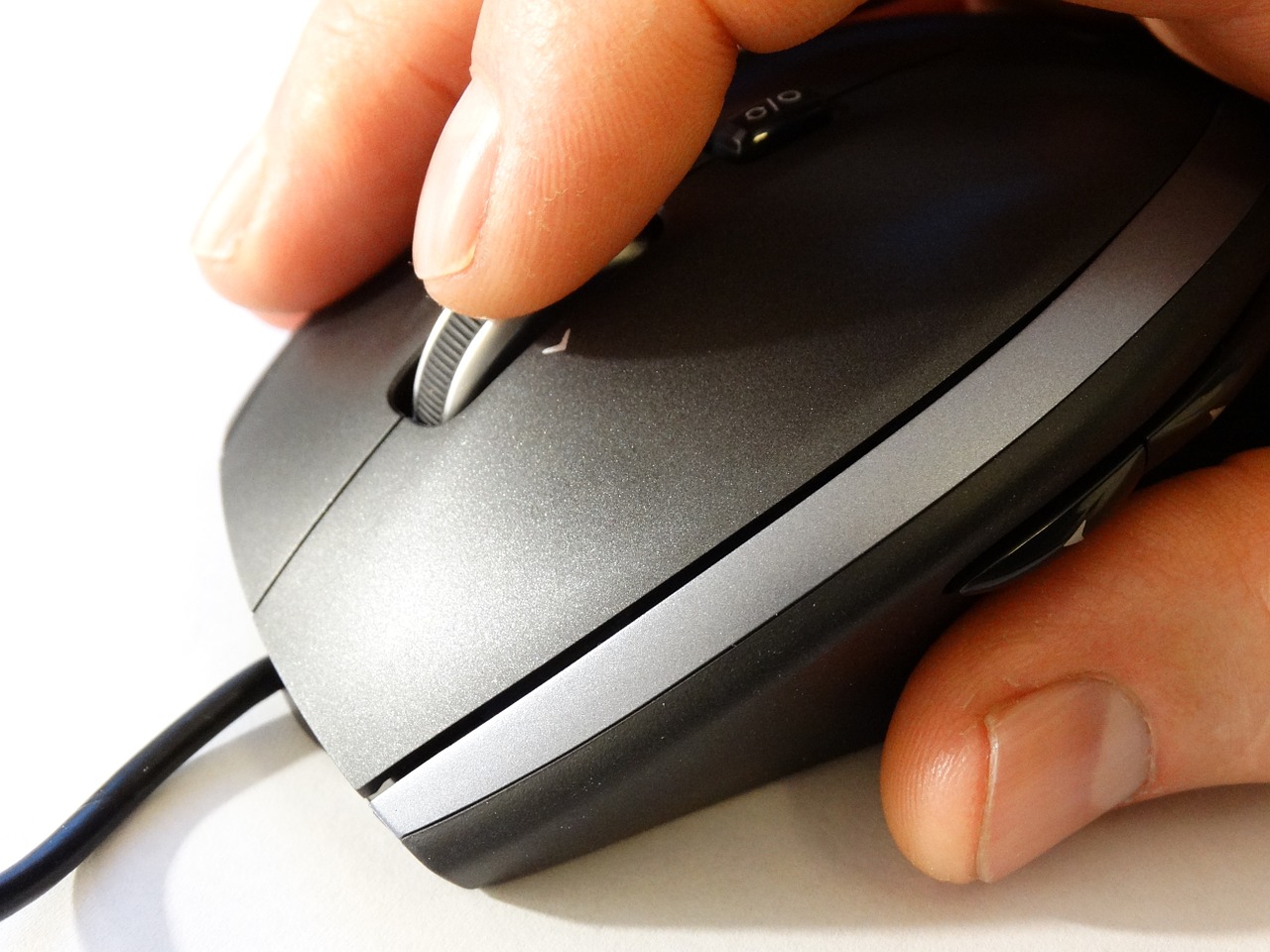
We need to fully embrace the amazingly generous gift that we have been given – the gift of life on Earth, in spite of all the challenges thrown in our way. Furthermore, we’ve been given that gift at a time of great opportunity.
We can push a button, click a mouse or touch a screen and find out what’s happening anywhere else in the world. We can hop on a bus, train or plane and travel vast distances that our ancestors could only dream of. We live, on average, longer lives, eat better food and enjoy the benefits of huge advances in healthcare.
Every child born today will benefit from these and even greater advances in science, education and technology over the coming decades. But the one thing they all dream of is to live in a safe, secure and happy world – just as we dreamed of that too when we were young – and still do.
The difference is that we have the power to make choices today that can help ensure that that their world will be free of violence, conflict, prejudice, war and terror.
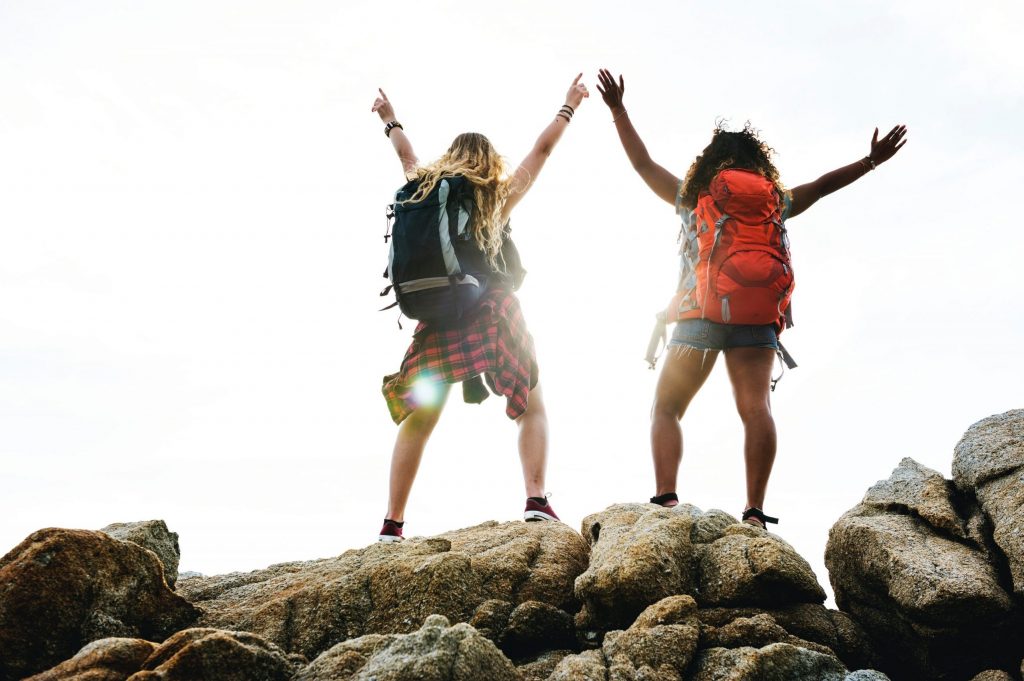
Will you rise to the challenge and challenge others to do the same?
Click below to make your own pledge for friendship, goodwill and understanding across all borders. Become a leader in your community and be an inspiration for others.
Further Reading: Pledge For Peace

Relatively Speaking, We Haven’t Even Been Here That Long!
We’ve already outlined that the human race is a relative newcomer to The Earth. And compared to some other species which have called this planet their home, the human race would appear, to an outsider, to be only a relatively temporary tenant of Earth – and in Earth terms, it’s quite a short-term tenancy so far.
By comparison, let’s consider for a moment, one of the early species on our planet – the trilobites. This group of marine arthropods first appeared on Earth about 520 million years ago. They survived for about 300 million years – that’s double the length of time that dinosaurs roamed the planet and about four hundred times as long as humans have so far existed.
As you can see, our time in residence on Earth has so far been one of the shortest of a major species. Yet one could argue that it has also been one of the most destructive too.
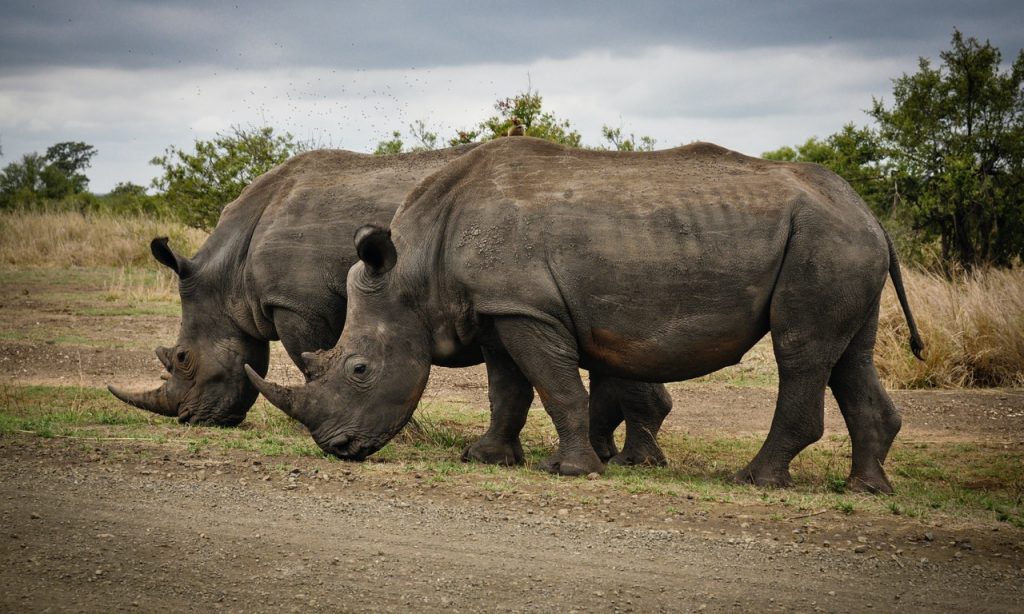
The world’s 7.7 billion people represent just 0.01% of all living things, according to a recent study. Yet since the dawn of civilisation, humanity has caused the loss of 83% of all wild mammals and half of all plants.
Survival on Earth is a surprisingly precarious business. Of the billions and billions of species of living thing that have existed since the dawn of time, most—99.99%—are no longer around. Since we humans first started inhabiting The Earth, we have been a major contributor to this global catastrophe.
Life on Earth, you see, is not only brief but dismayingly tenuous. It is a curious feature of our existence that we come from a planet that is very good at promoting life but even better at extinguishing it.
As a race, our record as custodians of this planet is lamentable. Yes, we can build great cities, fly men to the moon and invent all sorts of technological marvels. But we are failing the planet and we are failing our children.
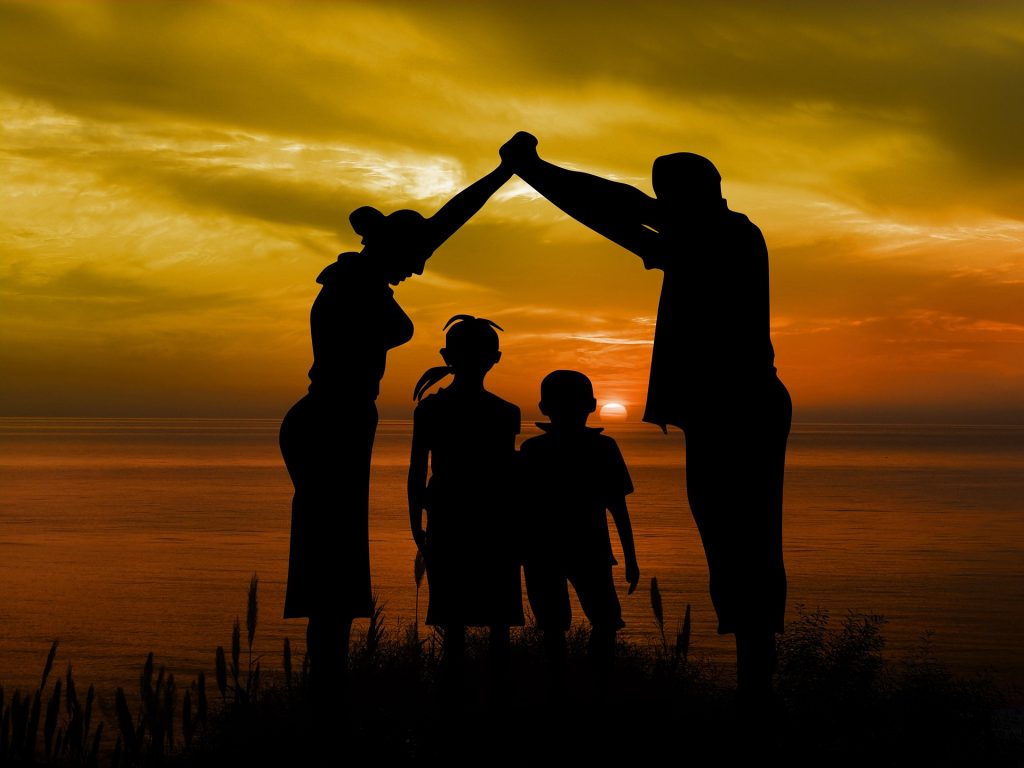
We have to work together. And that means that nations and peoples who might otherwise have mistrusted each other in the past, need now to consider the bigger picture and move on from our prejudices, our differences and our misguided fears about each other’s faiths, other beliefs and other nations.
We and our leaders need to swallow our pride, move on from the differences, divisions and disagreements of the past, learn from each other and collaborate in global projects to protect the planet and make it a safer, happier, healthier and more secure home for all people, wherever they live and whatever their age or background.
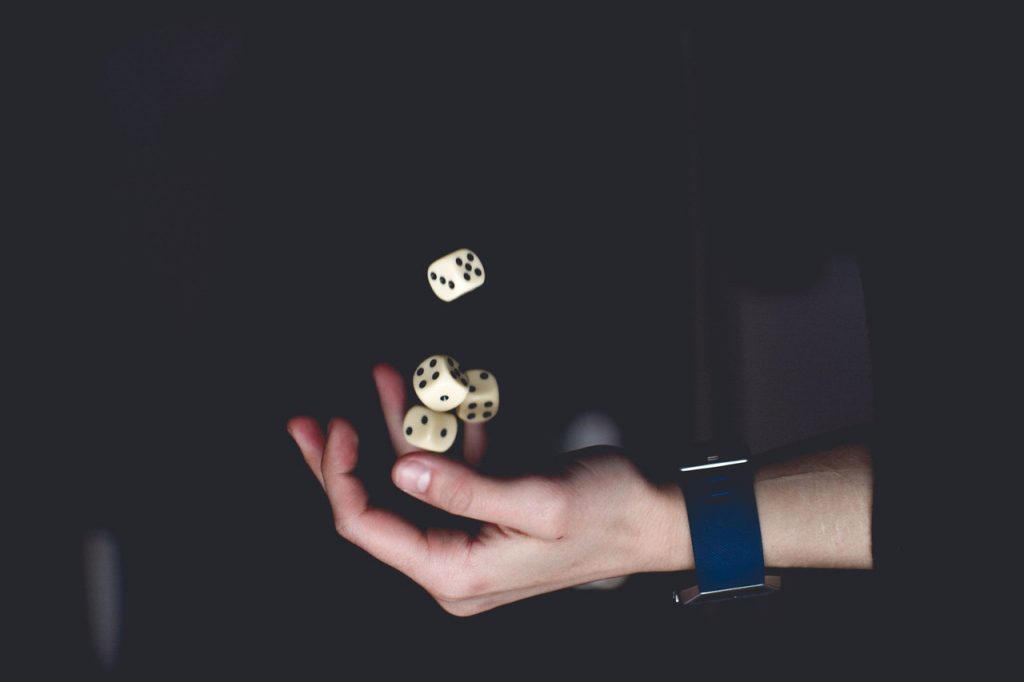
Being Here Is Like Winning The Lottery – Incredibly Lucky!!
The reality is that for any one of us to exist here now, in the first few decades of the twenty-first century, we each had to be, if only we were clever enough to realise it, the beneficiary of an extraordinary sequence of natural and biological good fortune. And by ‘we’ you should read every living thing.
To attain any kind of life in this universe of ours appears to be quite an achievement. As humans, we must have arrived at ‘Happy Hour’ because we’re the recipients of a double portion of good fortune.
Not only do we benefit from the privilege of existence itself, but we’ve also been granted an appropriate level of intelligence to appreciate it and in many ways to improve it, even if this is a gift that we’re only just beginning to acknowledge.
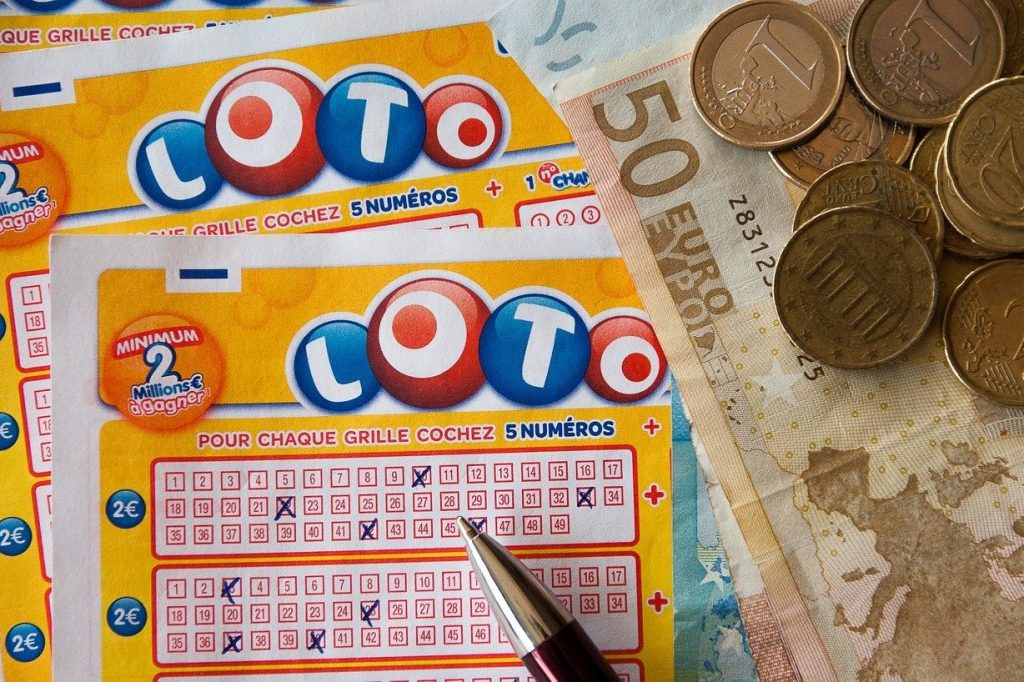
How come we’re so lucky? Well consider this. For us to be here, we have had to rely on the fact that for just shy of 4 billion years, every one of our ancestors on both sides of our families has had to be moderately good-looking enough to find a partner, capable enough and healthy enough to reproduce, and most importantly, lucky enough themselves to get through to adulthood in order to do so, in spite of all the hurdles, challenges and potential disasters, natural or otherwise, that could have got in their way.
They all arrived at the right place at exactly the right moment to achieve their life’s mission to share a tiny fragment of genetic material to the right mate in order to perpetuate the only possible sequence of hereditary combinations that could result eventually, astoundingly, and all too briefly – in us.
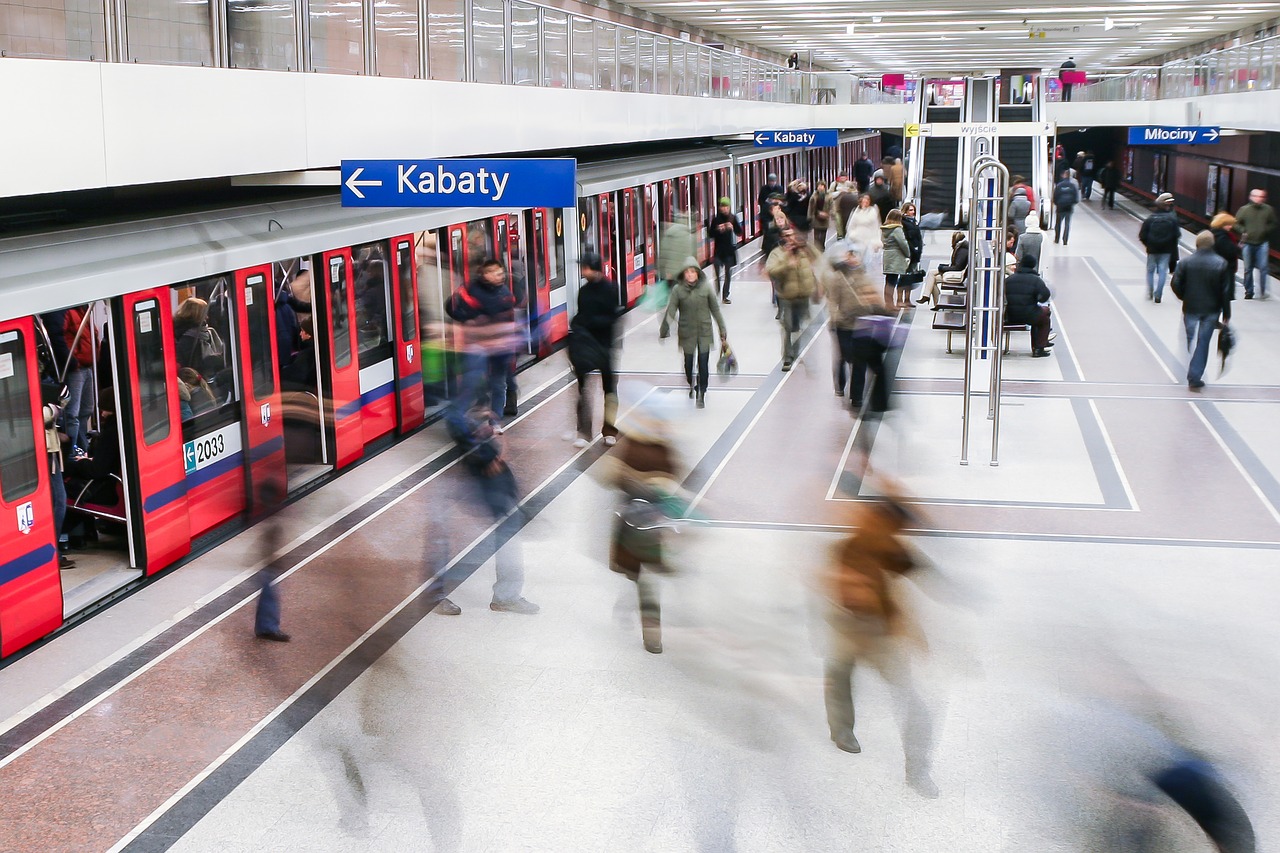
We are so used to the notion of our own inevitability as life’s dominant species that it is hard to grasp that we are here only because of timely extra-terrestrial bangs and other random flukes. The one thing we have in common with all other living things is that for nearly four billion years our ancestors have managed to slip through a series of closing doors every time we needed them to.
Each of us humans are here today because our particular line never fractured – never once at any of the billion points that could have erased us from history.
For you to be here today, alive on Earth in the 21st Century is as lucky as winning the lottery every day, without fail, for over 300,000 years.
So how are you going to make best use of this huge slice of good fortune that has come your way? Are you going to start making a difference to improve our environment and our society?
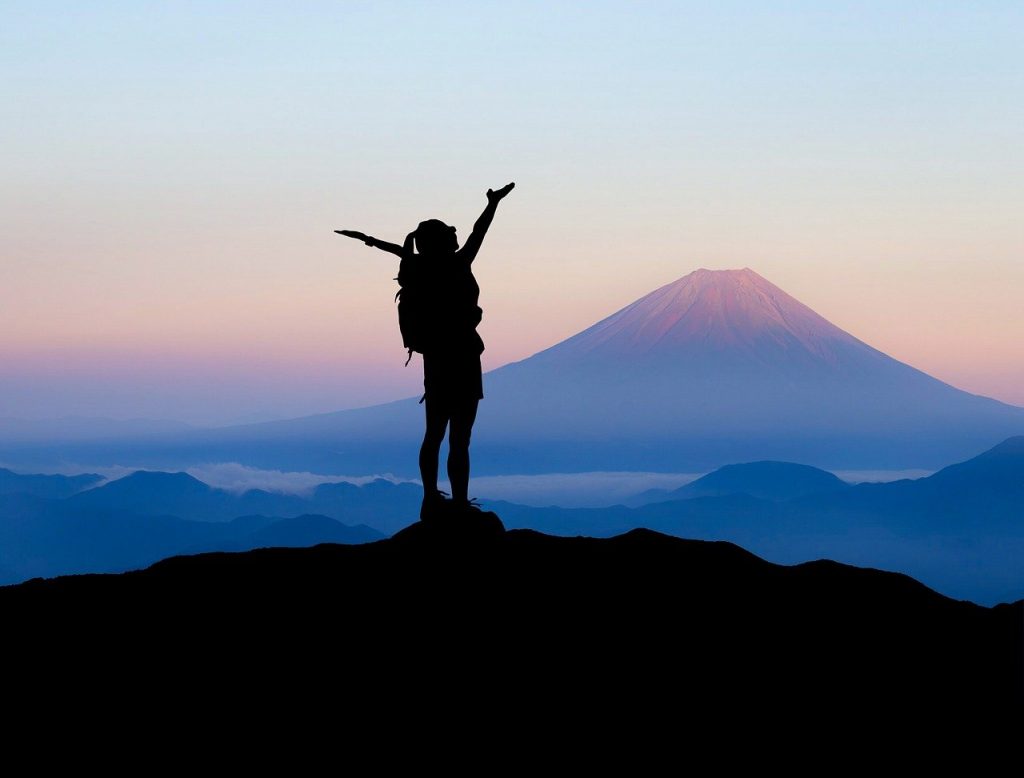
Will you rise to the challenge and challenge others to do the same?
Click below to make your own pledge for friendship, goodwill and understanding across all borders. Become a leader in your community and be an inspiration for others.
Further Reading: Pledge For Peace
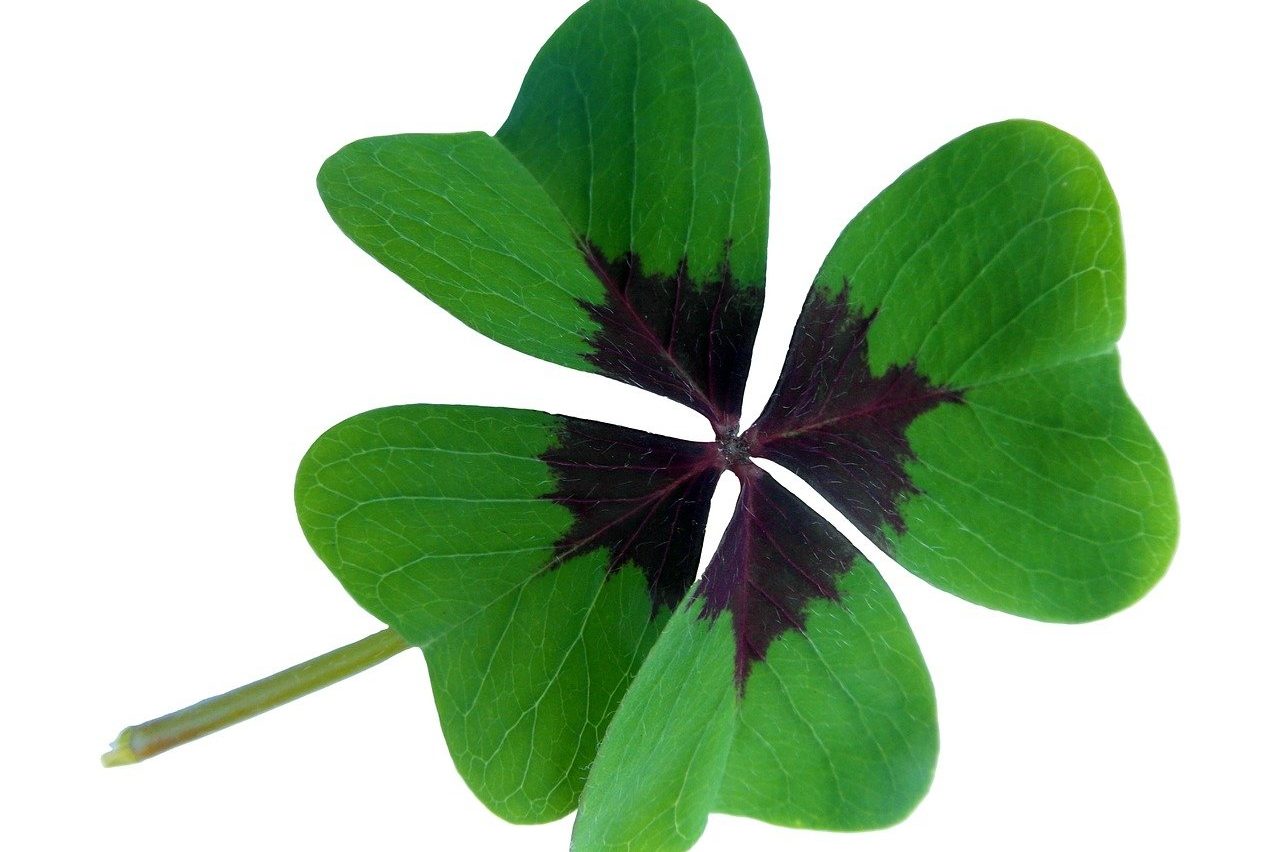
Summary
So to summarise:
We are most fortunate to be here – each of us;
Relatively speaking, we’re very recent newcomers to the planet; Other species have called Earth their home for substantially longer periods than the whole history of mankind;
We ourselves have caused much disruption and destruction to the planet and to its many other inhabitants in the short period we’ve been here;
We are doubly lucky because we are alive at a time of many opportunities that others before us could only dream of.
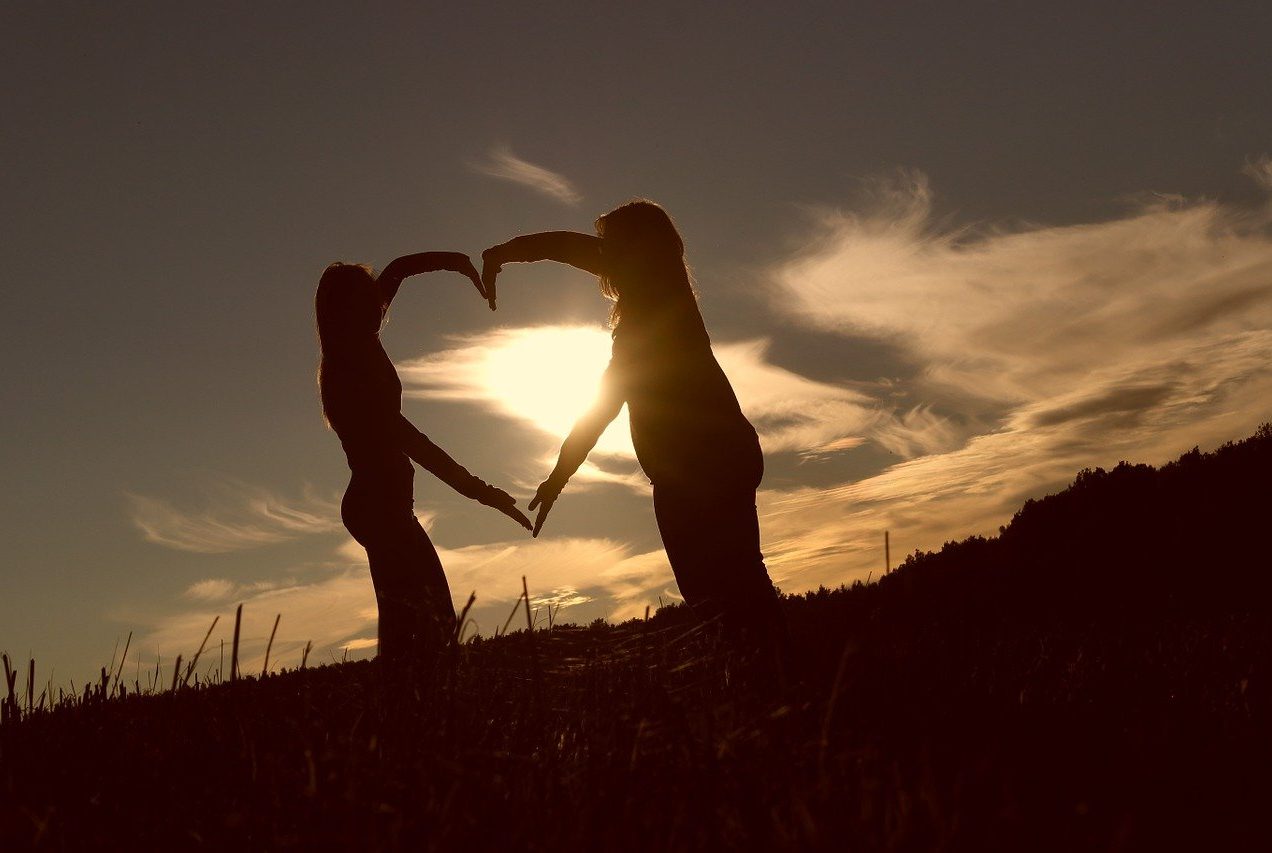
Here at The Wisdom Trust, our vision is to help create a new global ‘better informed’ society where the human race acts as one in celebration of our many diverse cultures and communities.
We need to combine our collective expertise to pursue peaceful and willing co-operation in order to help make the world a better, safer and more sustainable place to live for everyone.
This should include joint initiatives on every continent so we can make the right decisions to care for our planet and to care for each other, wherever we live.
But in order to reach this goal, no one should be in any doubt that there will, of course, be difficult choices and challenges along the road towards a point of mutual respect. Indeed, in some cases, this will also mean reaching a position of mutual forgiveness and reconciliation.
We believe we can do it if there is the willingness in every nation to put aside the divisions and disagreements of the past.
We need to forget talk of walls, tariffs, sanctions, cultural differences and retribution for past wrongdoings, and concentrate all our efforts, instead, on building bridges and embracing wholeheartedly those things that are important to all of us:
– The Welfare of children and young people;
– Education for all;
– Secure homes in safe, happy & sustainable communities;
– Clean water;
– Sufficient food;
– Universal healthcare;
– Protection of the environment and all living things
– A closer, sharing, caring society.
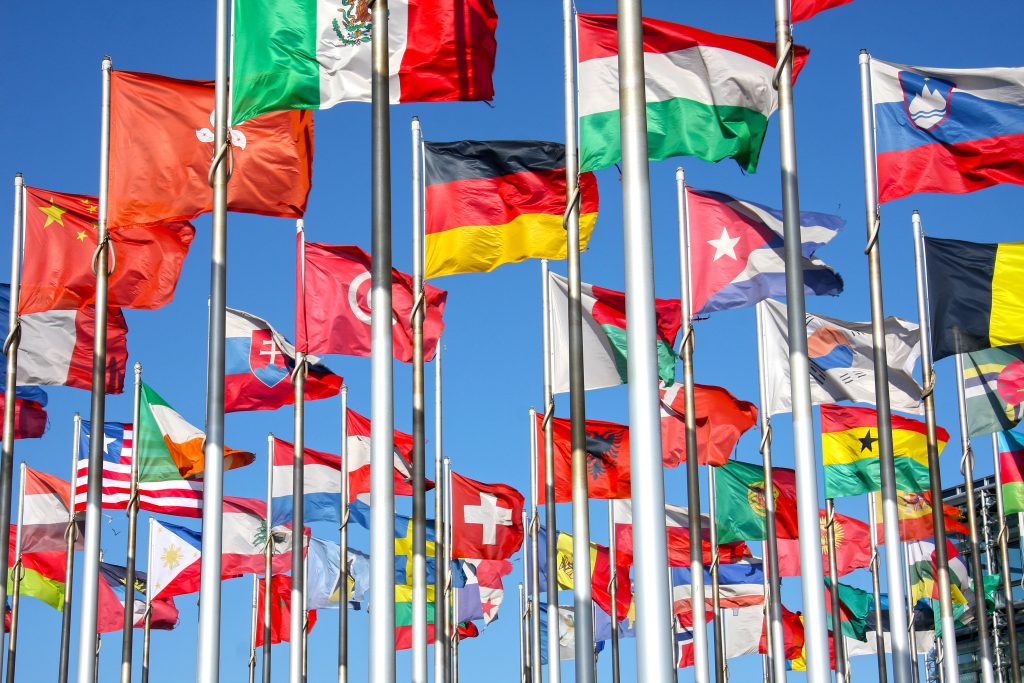
Nations, leaders and people should work together, using all the technology, resources, manpower and skills at our disposal to deliver these global aspirations. We believe that if the nations of the world combined their efforts, there would indeed be sufficient resources, expertise, manpower and innovation to achieve all this, as long as the world remains confident enough to work as one in the interests of everyone on the planet.
Unfortunately, however, even if we achieve all this, we know that there will still be those who are sufficiently misguided in their beliefs and in their actions that they choose to promote a path towards the darkness of division, conflict and terror. To meet this threat, therefore, there needs to be a willingness in everyone, whatever their position in society to challenge prejudice, discrimination and exploitation wherever we find it.
The global community must co-operate completely as one to leave no stone unturned in order to identify, name and shame those who would do us harm or cause distress to others. Then we should be confident that the full force of international law will ensure that the perpetrators are brought to justice.
At The Wisdom Trust, we aim to engage with people and organisations all over the world to work towards this goal. And we welcome your thoughts, ideas and support to help make this vision a reality.
Click below for some more information about the effects of conflict and war on people, animals and the environment.
Further Reading: Effects Of Conflict And War
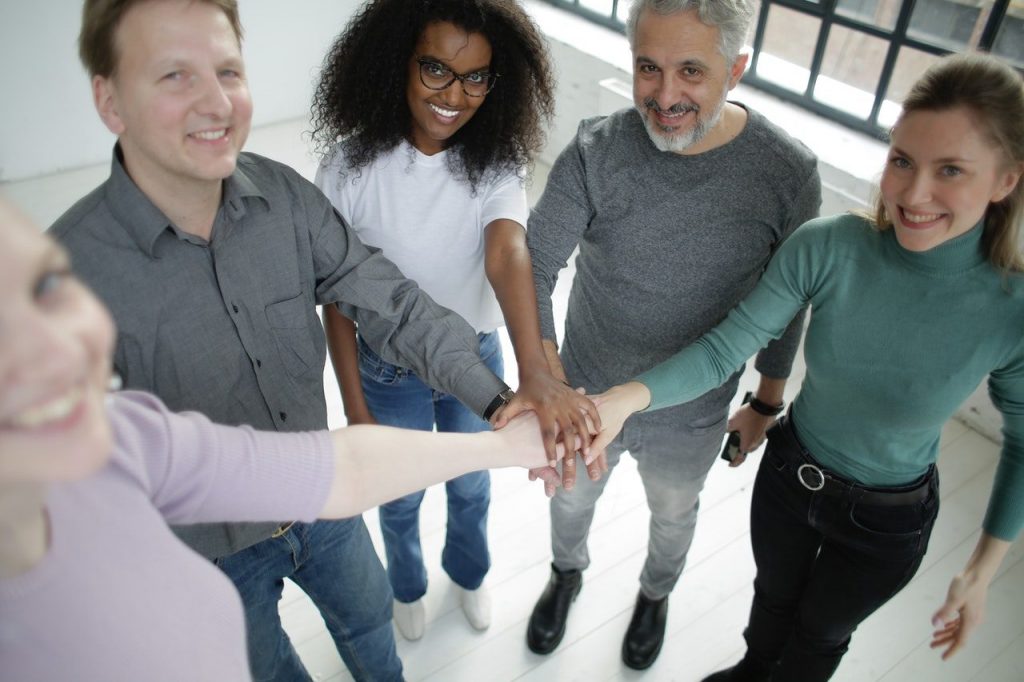
What Will We Do?
A) Learn And Collaborate Together.
The Wisdom Trust will use its online learning resources and The Wisdom Trust Community, together with a series of seminars, workshops and other events, to increase awareness about the big issues affecting the future of our planet.
B) Understand How We Can All Make A Difference.
We will also provide hundreds of simple ways in which people of all ages and backgrounds can help make a difference with small changes in their own activities to help protect the environment and to live a healthier lifestyle.
C) Provide Funding To Help Protect Our Environment.
We will make donations from our funds to support charitable causes which promote our key objectives and we will work with any organisations or individuals that help create better friendship, goodwill and understanding across all borders.
Our goal is to contribute as much time, effort and resources as we can to support programs which help to build bridges for more positive contact between different communities and which lay the foundations for a more peaceful society.
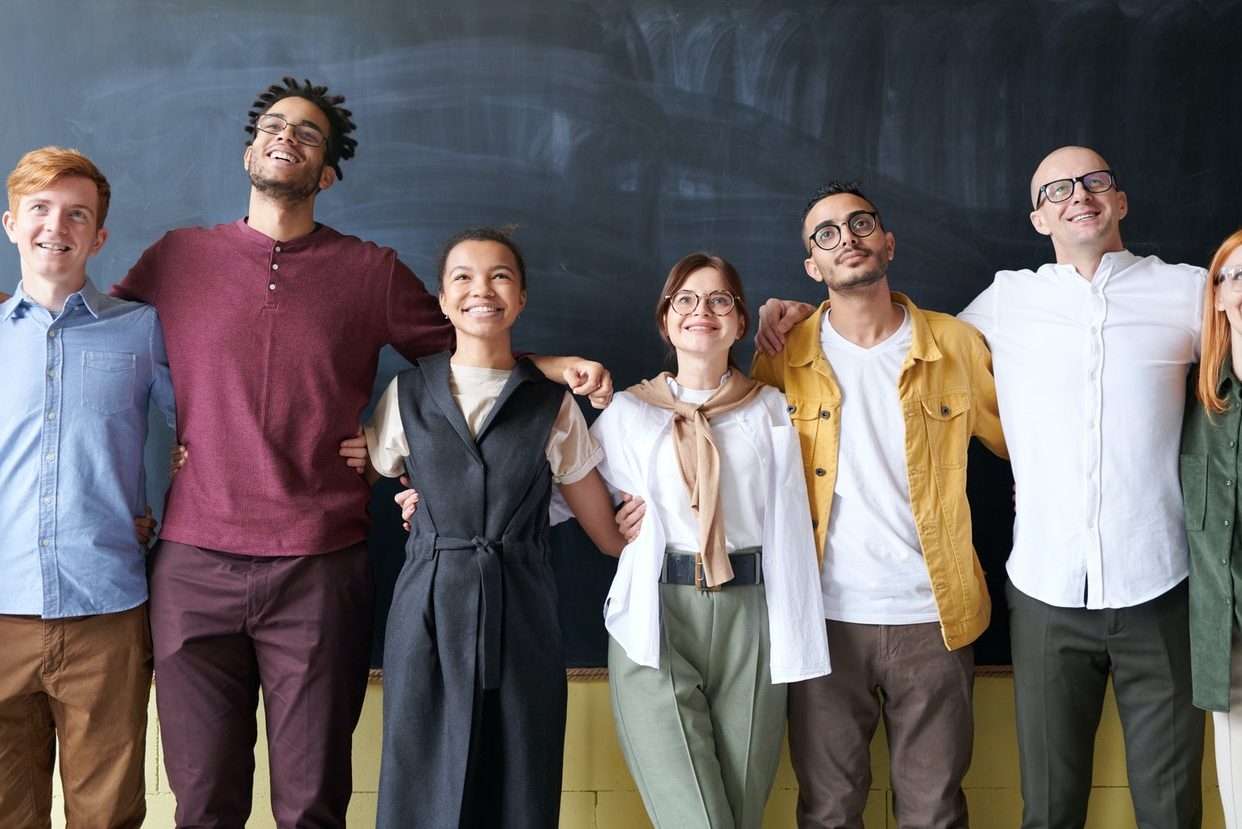
D) Connecting Different Communities Across The Globe.
We will also strive to help people embrace and celebrate the rich and colourful tapestry of contrasting societies and communities that inhabit our planet and to assist different communities in connecting with each other so they can collaborate in a process of learning about each other.
This, we hope, will lead to collaboration in a process of learning about each other so that we can all be stronger together.
E) Working Together To Make Things Better.
The Wisdom Trust is committed to working effectively with other individuals and organisations to help fund programs which improve and protect our world so that future generations can enjoy it as we do today.
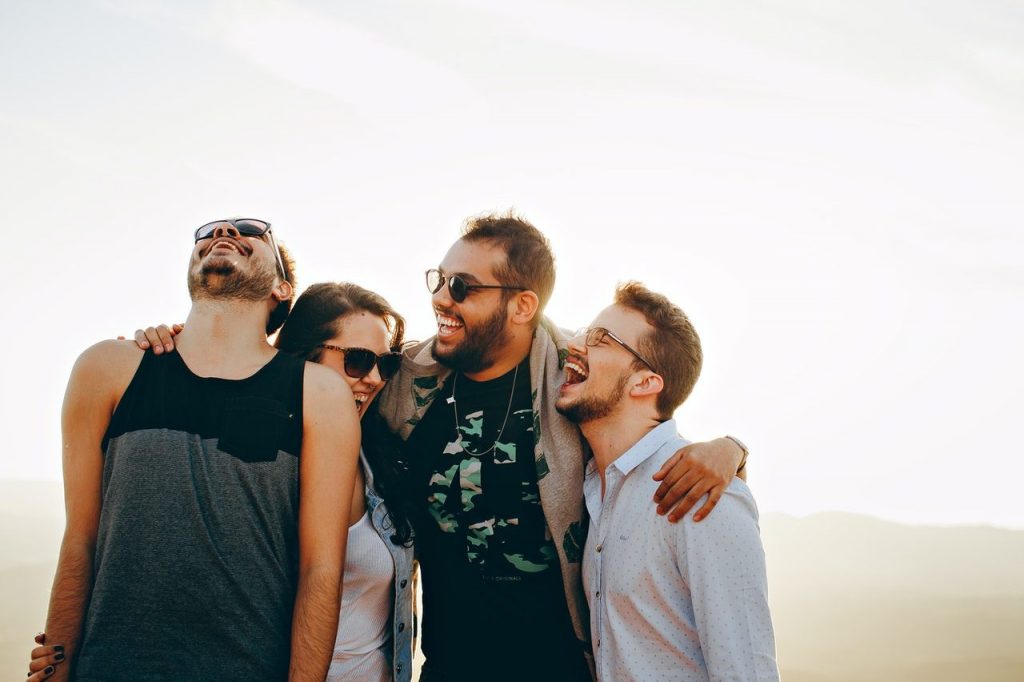
Will you rise to the challenge?
Join Our Campaign!
We will make a difference and in just a few click of your mouse you too could be playing your part in helping to make the world a better place for everyone, regardless of age, background, religion, race or culture – or even where they live.
Get Involved Today: Click Here To Sign Up
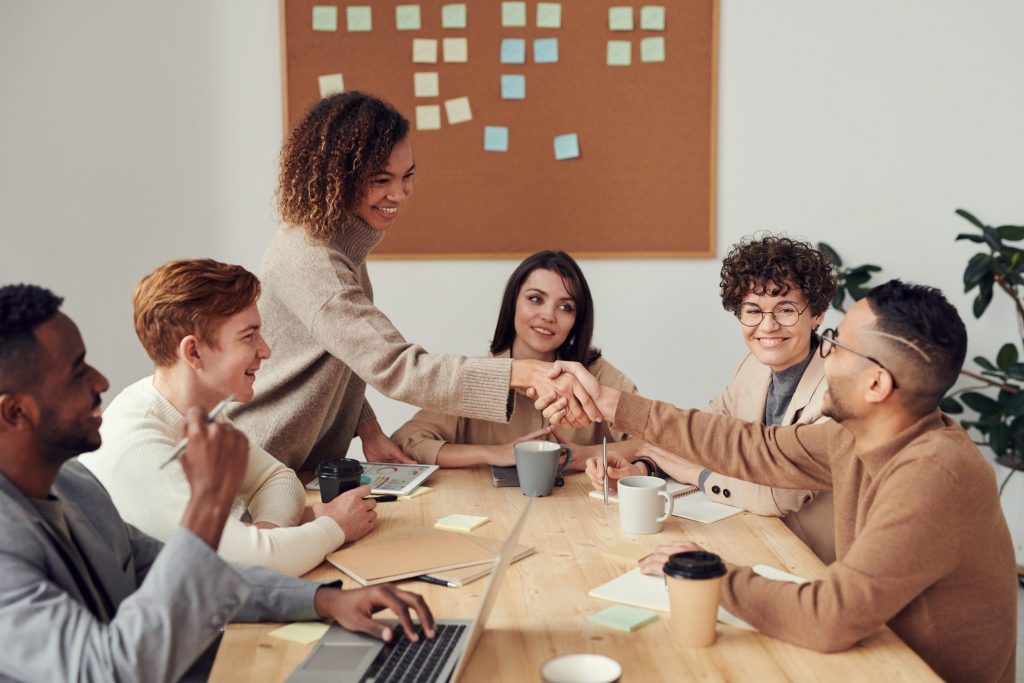
How Can You Help
Members can offer their support by signing-up, then a) logging in every day; b) voting for their favourite cause; c) learning and sharing wisdom in the Wisdom Community; d) perhaps even shopping online through the website; e) spreading the word by inviting all their friends, family and colleagues to join us; f) and by contributing their own personal Pledge For Peace on our website.
By joining the Wisdom Trust as either a member or as one of our registered charitable causes, you become part of a network that is creating positive change right across the globe, for underprivileged individuals, groups and the sustainability of our planet by unlocking the collective power of wisdom and knowledge for all.

Join Us Today!
Joining The Wisdom Trust is very simple and completely free for both individuals and organisations.
We will make a difference and in just a few click of your mouse you too could be playing your part in helping to make the world a better place for everyone, regardless of age, background, religion, race or culture – or even where they live.
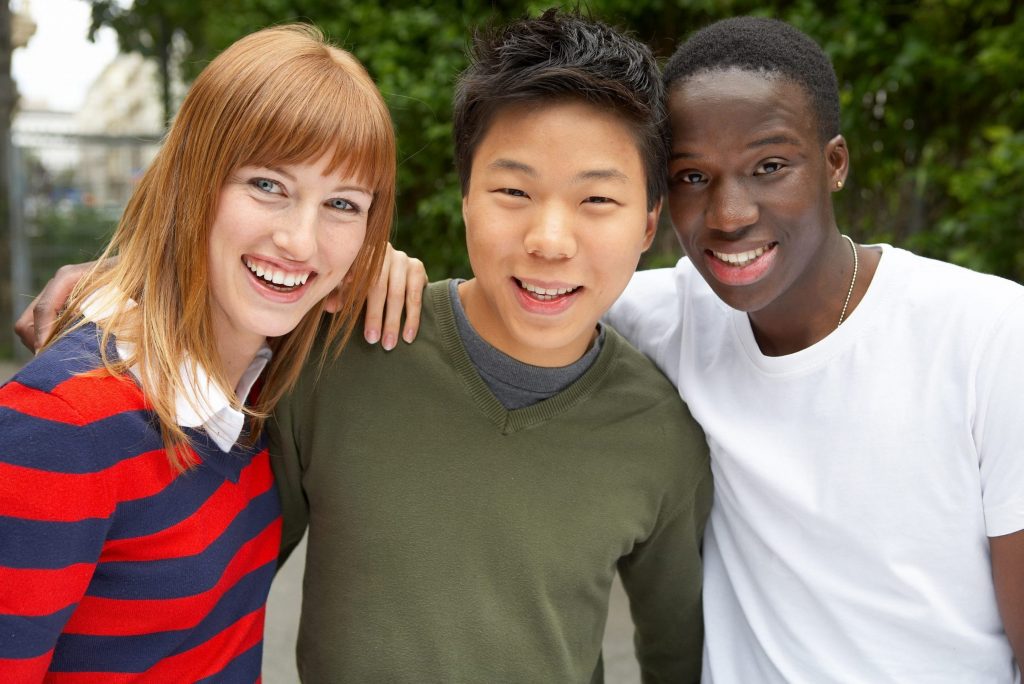
The Wisdom Trust – Making It Happen!!
Supporting Charities, Families, Education, Communities and Business.
Start Small! – Think Big! – Make A Difference
Helping you LIVE with a bit more Wisdom.
Learn | Inspire | Volunteer | Empower
